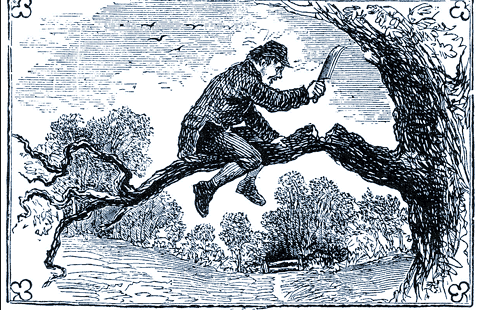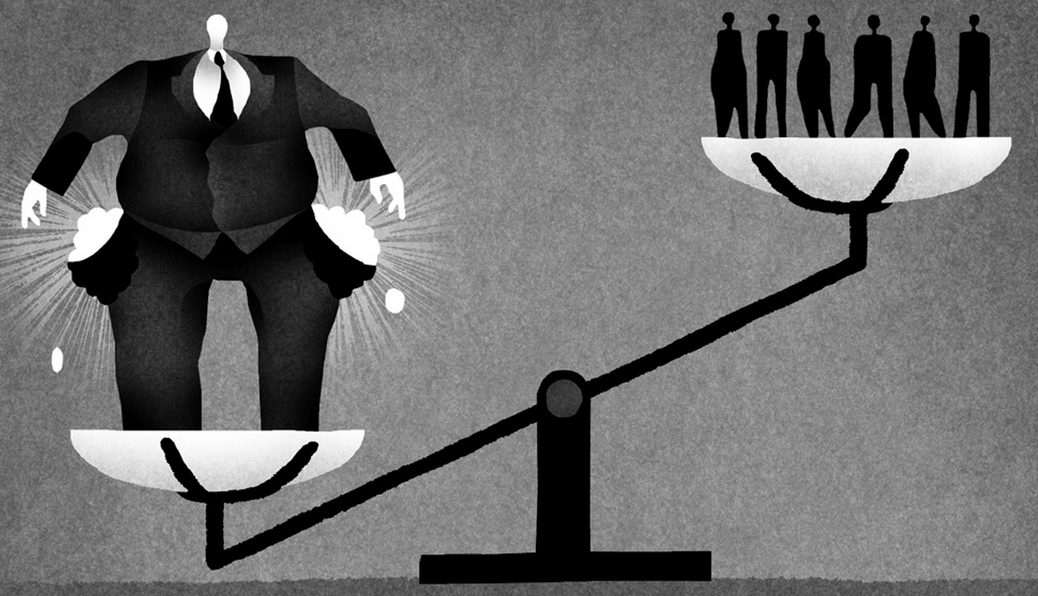January 27, 2015
The role and impact of power in an organization is complex. It’s highly interwoven with the attitudes and personality of people who have achieved power and status within their organizations, and how they express it. Recent studies show that some bosses use the power of their positions in ways that damage their teams and the organization. They may be driven by socially conditioned, conventional attitudes about power and ego; or by more outright psychopathology.
On the more benign end of the spectrum are the findings from a study lead by researchers at Columbia University’s Business School. It found that the more power-lusting, power-fixated leader tends to listen to his or her own views, but neglects to take into account the perspectives of subordinates. And that has consequences for business strategy and decisions. Published in Social Psychological and Personality Science, the research found that when leaders fail to take into account or utilize the perspectives of their people, they are more likely to “bungle the issue and conversation.” That, in turn, results in less effective solutions to complex business problems that the team is facing. In short, less wise decision-making.
According to the study’s lead author, Adam Galinsky, leaders who are able to see the world from others’ points of view produce better outcomes. “Effective leadership is like a successful car ride. To go places, you need gas and acceleration — power is a psychological accelerator. But you also need a good steering wheel so you don’t crash as you speed down the highway — perspective-taking is that psychological steering wheel. When you anchor too heavily onto your own perspective, and don’t take into account the viewpoints of others you are bound to crash.”
Galinsky’s findings are especially visible among leaders who Continue reading


















































